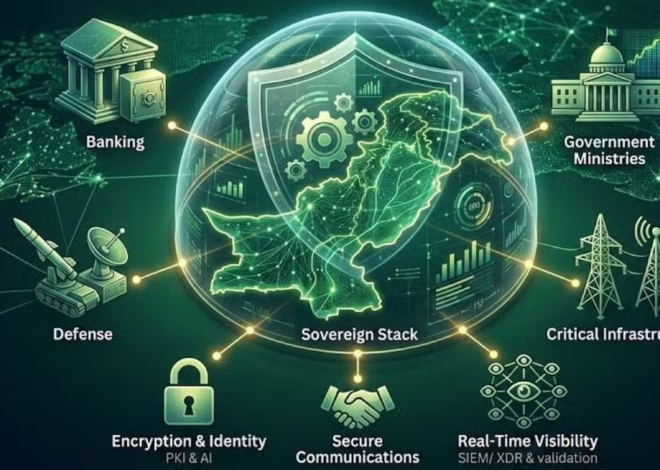
PTA Revises Radio-Based Services Charges for 2025
The Pakistan Telecommunication Authority (PTA) has announced a significant revision to its Radio-Based Services (RBS) charges, marking the first major update in more than 20 years. The revised fee structure will take effect from July 1, 2025, and introduces new criteria for calculating costs across multiple categories, reflecting a push toward modernization and alignment with global standards.
First Overhaul in Two Decades
This revision is notable as it is the first comprehensive update since the early 2000s. For decades, the telecom and radio spectrum landscape has transformed significantly, with emerging technologies and rising demand for bandwidth creating new challenges for regulators. The PTA’s move is seen as an effort to keep pace with these changes, ensuring that spectrum usage remains efficient and fairly priced.
Categories Covered Under the New Structure
The updated fee framework will apply to three major segments:
- Private Radio Networks (PRN): Charges for organizations using dedicated radio frequencies for internal communication and operations.
- Flat Rate Services: Covering entities that rely on fixed charges for spectrum usage.
- DRS/Microwave Links: Applied to long-distance communication systems and backbone connectivity, critical for both public and private sector networks.
By targeting these specific categories, the PTA aims to provide greater clarity and fairness in how charges are assessed and collected.
New Calculation Method Introduced
Unlike the previous system, which applied flat fees, the revised charges will now be calculated based on frequency, bandwidth, power output, and location. This formula ensures that entities using more spectrum resources or operating in high-demand areas contribute proportionally to regulatory revenues.
Experts suggest that this approach will not only generate fairer costs but also encourage efficient spectrum utilization, reducing waste and promoting better management of available frequencies.
Aligning with Global Spectrum Standards
One of the central goals of this update is to align Pakistan’s spectrum pricing with international benchmarks. Many countries already base fees on technical and geographic criteria, ensuring that charges reflect actual resource consumption.
By adopting this model, the PTA hopes to attract investment in the telecom sector while also streamlining regulation. This step is particularly relevant as Pakistan moves toward expanding 5G services and enhancing digital infrastructure under the broader “Digital Pakistan” initiative.
Regulatory Efficiency and Future Outlook
The revised RBS charges are also expected to improve regulatory efficiency by modernizing the way fees are assessed and collected. With a more transparent structure, both telecom operators and private organizations will have a clearer understanding of their obligations, reducing disputes and delays.
The PTA’s decision reflects a broader commitment to fostering a sustainable digital ecosystem, ensuring that spectrum resources are priced and managed in line with global best practices while supporting Pakistan’s long-term technological growth.








